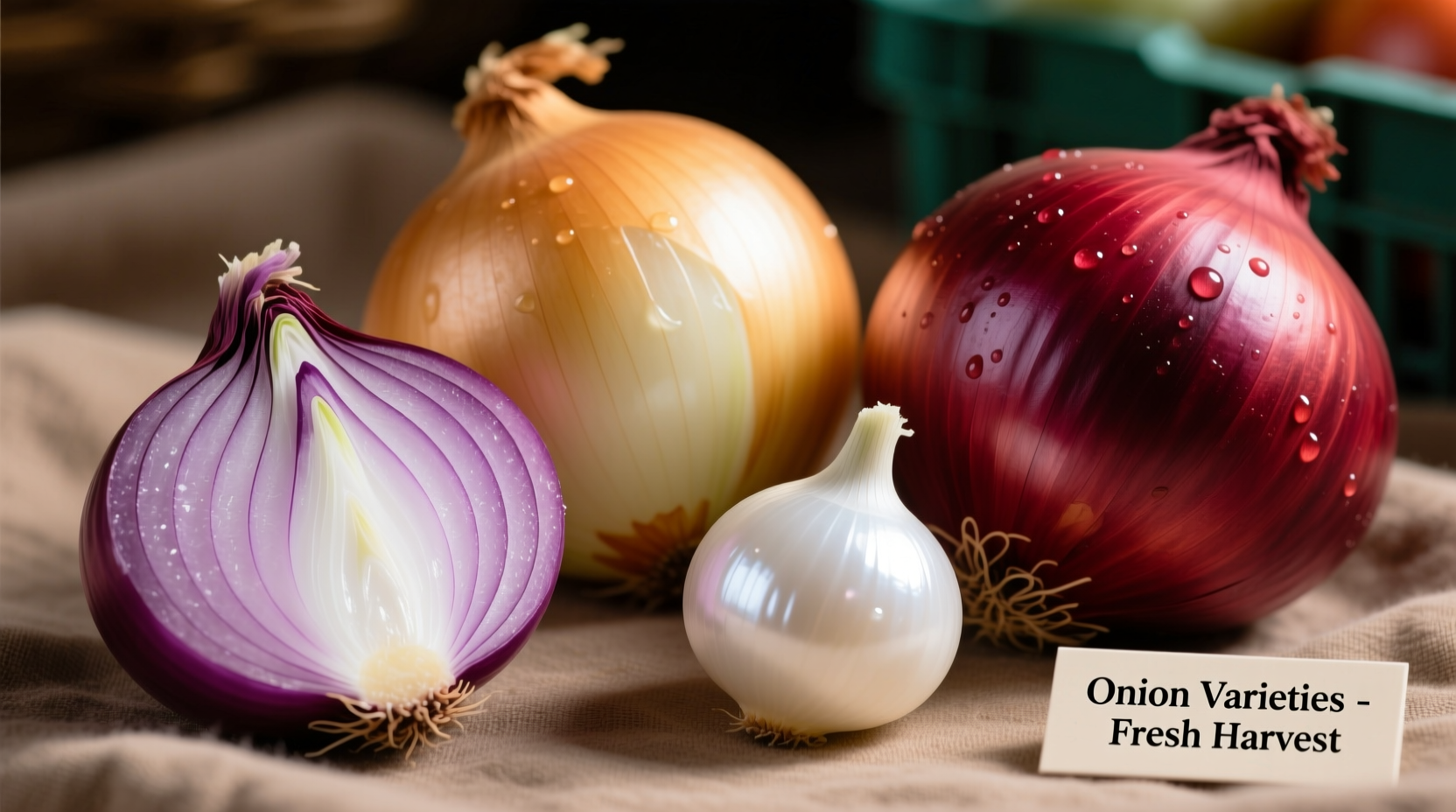Onions have a pH of approximately 5.3-5.8, making them mildly acidic. However, they become alkaline-forming during digestion, which is important for understanding their actual impact on your body's pH balance. This article explains the science behind onion acidity, debunks common misconceptions, and provides practical guidance for those managing acid-related health conditions.
Understanding Onion Acidity: Beyond the Simple pH Question
When you bite into a crisp onion, you might wonder: is onion acidic enough to trigger heartburn? The answer requires understanding both the onion's natural pH and how your body processes it. While raw onions test as mildly acidic on the pH scale, their effect on your digestive system tells a more complex story.
The Basic Science: pH Values of Common Onions
Onions fall on the mildly acidic side of the pH scale, but not as acidic as many common foods. The pH scale measures how acidic or alkaline a substance is, ranging from 0 (highly acidic) to 14 (highly alkaline), with 7 being neutral.
| Food Item | pH Range | Acidity Level |
|---|---|---|
| White Onion (raw) | 5.3-5.8 | Mildly Acidic |
| Red Onion (raw) | 5.4-5.9 | Mildly Acidic |
| Yellow Onion (raw) | 5.3-5.7 | Mildly Acidic |
| Lemon Juice | 2.0-2.6 | Highly Acidic |
| Tomato | 4.3-4.9 | Moderately Acidic |
| Water | 7.0 | Neutral |
This pH data comes from the USDA FoodData Central, the authoritative source for nutritional composition of foods. Notice that while onions are technically acidic, they're significantly less acidic than citrus fruits or tomatoes that many people consume without concern.
Why Raw pH Doesn't Tell the Whole Story
Here's where things get interesting: the pH of food before consumption doesn't determine its effect on your body's pH. During digestion, foods are classified as either acid-forming or alkaline-forming based on their mineral content.
Onions contain potassium, magnesium, and calcium—minerals that have an alkalizing effect. According to research published in the Journal of Environmental and Public Health, onions actually become alkaline-forming once metabolized, despite their initial acidic pH.

Practical Implications for Acid Sensitivity
If you're managing acid reflux or GERD, you've probably heard conflicting advice about onions. Let's clarify with evidence-based information:
When Onions Might Trigger Symptoms
- Raw onions can relax the lower esophageal sphincter in sensitive individuals, potentially allowing stomach acid to flow backward
- Large portions of raw onions may cause discomfort for those with existing digestive conditions
- Onion sensitivity varies—some people tolerate them well while others experience symptoms
When Onions May Be Well-Tolerated
- Cooked onions are generally less likely to trigger symptoms than raw onions
- Small amounts incorporated into dishes are usually well-tolerated
- Caramelized onions have reduced fructans that may be easier to digest
Context Matters: Individual Factors in Onion Tolerance
Your personal experience with onions depends on several factors beyond simple acidity:
| Factor | Impact on Onion Tolerance | Management Strategy |
|---|---|---|
| Fructan Content | Onions contain fructans (FODMAPs) that can cause bloating | Try the Monash University low-FODMAP approach |
| Cooking Method | Raw onions more likely to trigger symptoms than cooked | Opt for slow-cooked or caramelized preparations |
| Individual Sensitivity | Some people have specific onion intolerance | Keep a food diary to track personal reactions |
| Overall Diet Pattern | Onions in balanced meals less problematic than alone | Pair with alkaline-forming foods like leafy greens |
Debunking Common Onion Acidity Myths
Let's address some widespread misconceptions about onions and acidity:
Myth: "Onions make your whole body more acidic"
Reality: Your body maintains a tightly regulated pH balance. While certain foods can temporarily affect urine pH, they don't change your blood pH. The National Institutes of Health confirms that healthy kidneys and lungs effectively maintain your body's pH within a narrow, optimal range regardless of food intake.
Myth: "All acidic foods trigger heartburn"
Reality: Food acidity (pH) doesn't directly correlate with heartburn risk. Many highly acidic foods like citrus don't trigger symptoms for everyone, while mildly acidic foods like onions might for some individuals. The Mayo Clinic explains that individual triggers vary significantly.
Practical Tips for Enjoying Onions with Acid Sensitivity
Based on clinical nutrition research, here are evidence-based strategies:
- Try different onion varieties—sweet onions like Vidalia tend to be better tolerated than pungent yellow onions
- Cook onions thoroughly—heat breaks down some compounds that may trigger symptoms
- Remove the outer layers—the highest concentration of potential irritants is in the first two layers
- Pair with alkaline foods—combine onions with leafy greens or cucumbers to balance the meal
- Monitor portion sizes—small amounts (¼ cup) are often well-tolerated even by sensitive individuals
Remember that individual responses to onions vary significantly. What causes discomfort for one person might be perfectly fine for another. The American College of Gastroenterology recommends personalized approaches rather than blanket restrictions for managing acid-related conditions.
When to Consult a Professional
If you experience persistent digestive issues with onions or other foods, consult a registered dietitian or gastroenterologist. They can help determine whether you have:
- Irritable bowel syndrome (IBS)
- Gastroesophageal reflux disease (GERD)
- Specific food intolerances
- Other underlying digestive conditions
Professional guidance ensures you don't unnecessarily restrict nutritious foods like onions, which provide valuable antioxidants and prebiotic fiber important for gut health.
Conclusion: Balancing Science and Personal Experience
So, is onion acidic? Technically yes, with a pH of 5.3-5.8, but this simple measurement doesn't tell the complete story of how onions interact with your digestive system. While raw onions might trigger symptoms for some people with acid sensitivity, properly prepared onions can be part of a balanced diet for most individuals.
The key is understanding your personal tolerance and using preparation methods that maximize enjoyment while minimizing discomfort. By focusing on evidence-based information rather than oversimplified acidity myths, you can make informed decisions about including this versatile, nutritious vegetable in your meals.











 浙公网安备
33010002000092号
浙公网安备
33010002000092号 浙B2-20120091-4
浙B2-20120091-4